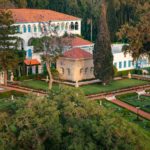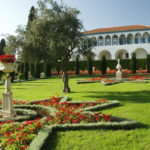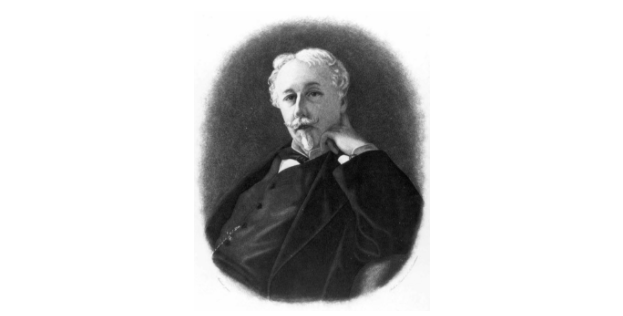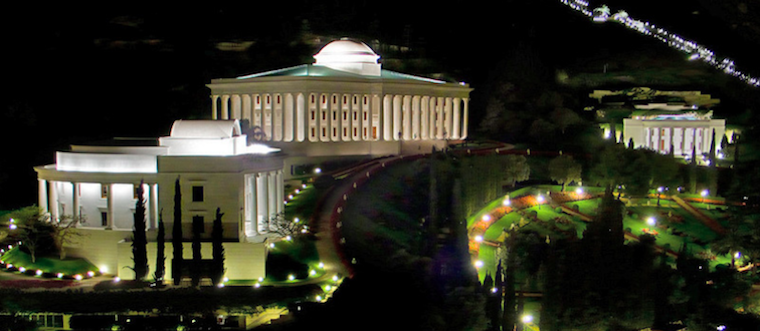
Investigate the Truth – Yourself
 One of the principles of Bahá’u’lláh’s teachings is the independent investigation of truth. That we should know for ourselves – not through the knowledge of others. The idea appears, in connection with justice, in the first Hidden Word:
One of the principles of Bahá’u’lláh’s teachings is the independent investigation of truth. That we should know for ourselves – not through the knowledge of others. The idea appears, in connection with justice, in the first Hidden Word:
The best beloved of all things in My sight is Justice; turn not away therefrom if thou desirest Me, and neglect it not that I may confide in thee. By its aid thou shalt see with thine own eyes and not through the eyes of others, and shalt know of thine own knowledge and not through the knowledge of thy neighbor. Ponder this in thy heart; how it behooveth thee to be.[1]
We have also seen the qualities of the search for truth in the article exploring the qualifications that Baha’u’llah attaches to the concept of “seeker“.
During his journey to the West, Abdu’l Baha often began with independent investigation of truth as the first principle of Baha’u’llah’s teachings – emphasising its importance
The first [principle of Baha’u’llah] is the independent investigation of truth; … once every soul inquireth into truth, society will be freed from the darkness of continually repeating the past.[2]
In the following passage Abdu’l Baha describes the principle in connection with human unity.
If five people meet together to seek for truth, they must begin by cutting themselves free from all their own special conditions and renouncing all preconceived ideas. In order to find truth we must give up our prejudices, our own small trivial notions; an open receptive mind is essential. If our chalice is full of self, there is no room in it for the water of life. The fact that we imagine ourselves to be right and everybody else wrong is the greatest of all obstacles in the path towards unity, and unity is necessary if we would reach truth, for truth is one.
Therefore it is imperative that we should renounce our own particular prejudices and superstitions if we earnestly desire to seek the truth. Unless we make a distinction in our minds between dogma, superstition and prejudice on the one hand, and truth on the other, we cannot succeed. When we are in earnest in our search for anything we look for it everywhere. This principle we must carry out in our search for truth.[3]
He notes that without such investigation humanity remains divided.
Reality or truth is one, yet there are many religious beliefs, denominations, creeds and differing opinions in the world today. Why should these differences exist? Because they do not investigate and examine the fundamental unity, which is one and unchangeable. If they seek reality itself, they will agree and be united; for reality is indivisible and not multiple. It is evident, therefore, that there is nothing of greater importance to mankind than the investigation of truth.[4]







